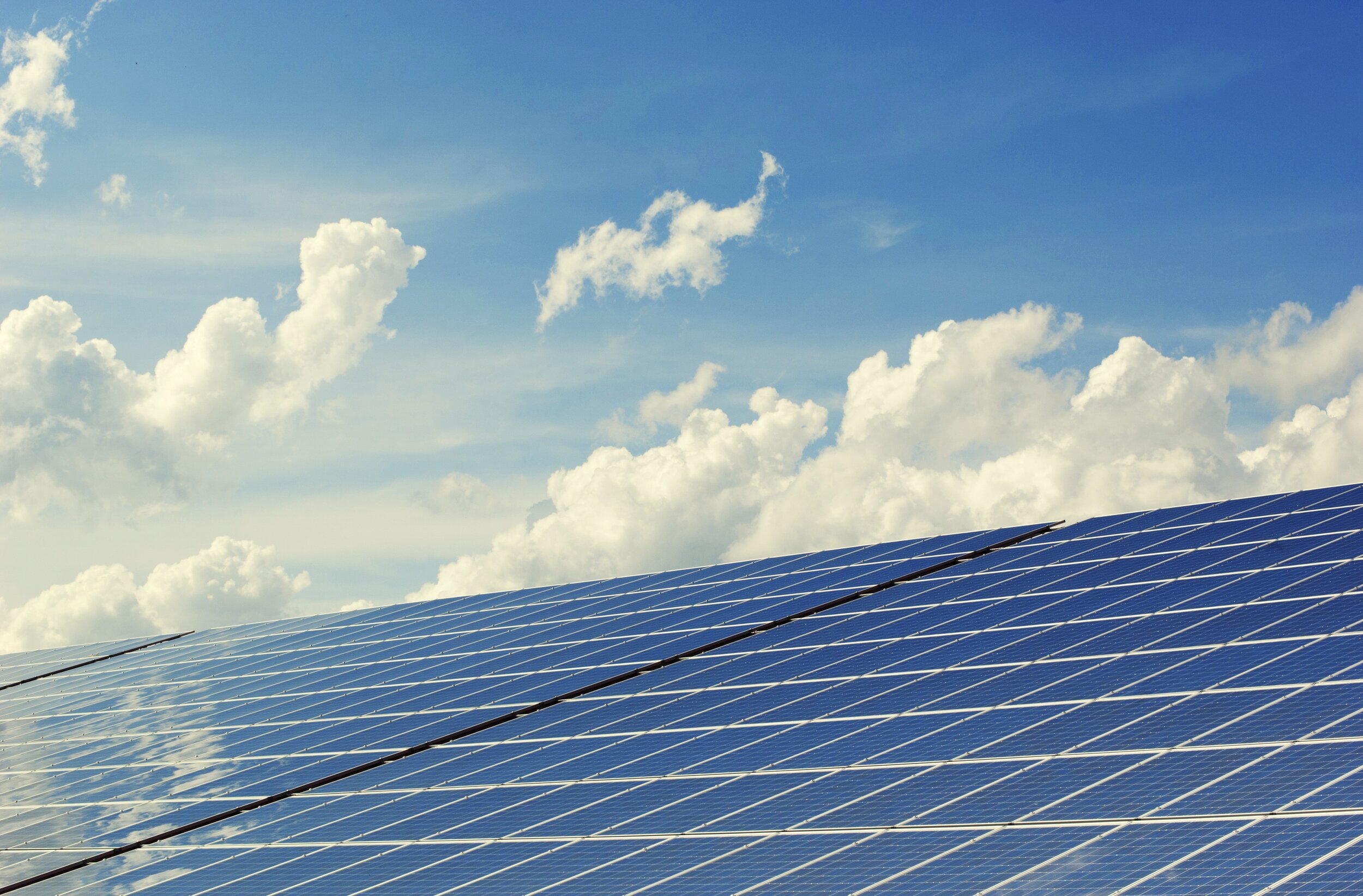Review of “The Future of Climate and Food” Panel
In the panel presented by Real Food Media and the Kent Memorial Library earlier this month, Raj Patel, Bill McKibben and Anna Lappé came together to discuss “The Future of Climate and Food.” These three activists discuss crucial points that help us further understand the urgency of climate change and what actions we can take to combat it. The talk is available on Youtube and we highly recommend having a listen!
Raj Patel is an award-winning author, film-maker and academic. He is a research professor in the LBJ School of Public Affairs at the University of Texas at Austin and has degrees from the University of Oxford, The London School of Economics and Cornell University. He has worked for the World Bank and WTO and protested against them all around the world. He co-taught the Edible Education class at UC Berkeley with Michael Pollan and in 2016 he was recognized for the James Beard Foundation Leadership Award. He has testified about the global food crisis to the US, UK and EU governments and is a member of the International Panel of Experts on Sustainable Food Systems.
Bill McKibben is an author and environmentalist who in 2014 was awarded the Right Livelihood Award. His 1989 book The End of Nature has appeared in 24 languages and he has written a dozen more books since then. He is a founder of 350.org, the first planet-wide grassroots climate change movement which has organized 20,000 rallies around the world. He also spearheaded the resistance to the Keystone Pipeline and launched the fast-growing fossil fuel divestment movement.
Anna Lappé is a national best-selling author, a renowned advocate for sustainability and justice along the food chain and an advisor to funders investing in food system transformation. She is a James Beard Foundation Leadership awardee and is the co-author or author on three books regarding food, farming and sustainability and the contributing editor to fourteen more. Her most recent solo book Diet for a Hot Planet: The Climate Crisis at the End of Your Fork and What You Can Do About It was named by Kirkus Reviews as one of the best environmental books of the year. The 50th anniversary edition of Diet for a Small Planet is coming up, which she was a contributor to and her mother Frances Moore Lappé originally wrote.
Toward the beginning of the discussion, Bill McKibben states that the climate crisis we face today is primarily due to the burning of coal, gas and oil. Instead of depending on these means of energy production, we must take advantage of the sun, which is capable of powering solar panels and wind turbines. Besides, energy derived from the sun is the cheapest means available to us. To make real change, it is crucial that we continue to push the fossil fuel industry to give into ending their practices.
There is, however, a fear that we may not be able to win this climate justice fight in time. We must cut fossil fuel emissions in half by 2030 – we are in the last decade over which we have real leverage to change the outcome.
Climate change is a political problem, not a technical one. Given that the crisis is a wealth and equality issue, Lappé hones in on the need to look at how we are growing food, what we are growing and what we do with it. She clarifies that we must not only push to radically change our source of energy – we need to fight for a global food system that produces less than the 37% of the greenhouse gas emissions that it produces now.
Just in the last five years, the largest sixty banks invested 3.8 trillion dollars into the fossil fuel sector. We can count on the public institutions and private investors to support the food and energy systems that don’t negatively impact the crisis. Another way to combat the climate crisis is by taxing the rich since 0.03% of the wealthiest people on the Earth control 100 trillion dollars in assets. This would allow for the type of energy and food system transformations we need.
Individual actions are not enough at this point in time – to make change at the speed and scale necessary we must challenge the systems of power.
While eating on a diet with little to no animal products, shopping at the local farmers market and driving an electric car are great individual actions, it is advised that individuals join together with others in movements big enough to make fundamental political and economic shifts.



